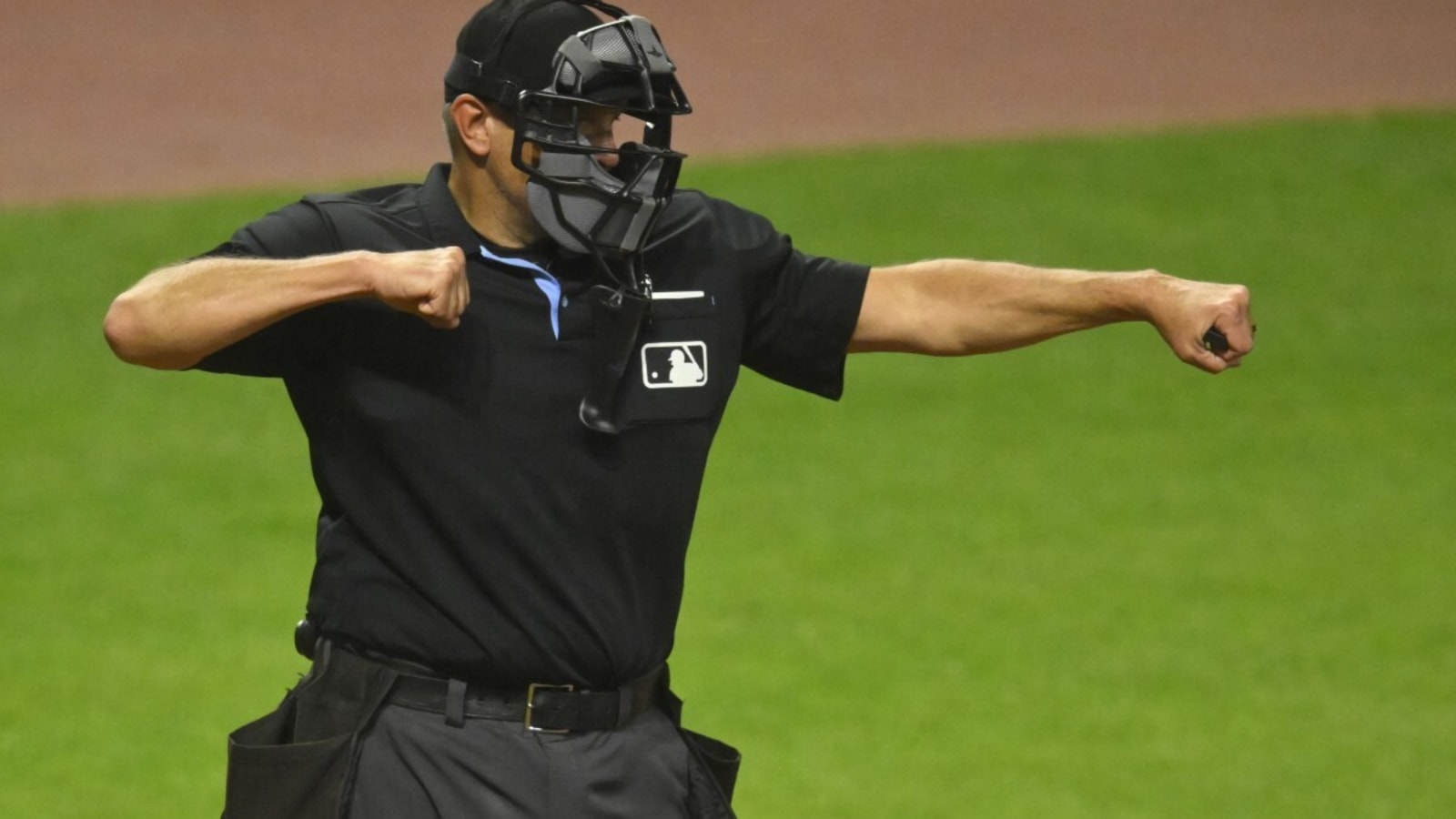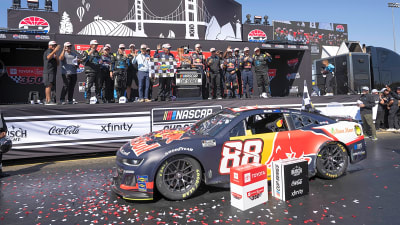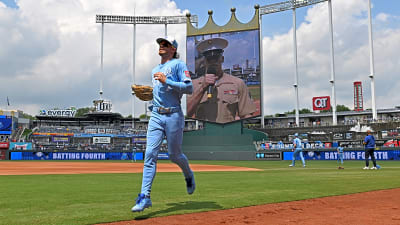
Major League Baseball is taking a major step toward modernizing the game’s most subjective call. For the first time in league history, the ABS challenge system, AKA: Automated Ball-Strike, will be implemented during the 2025 All-Star Game in Atlanta.
It’s the highest profile setting yet for a concept that has been brewing for years. With fan interest growing and technology improving, the league is ready to show how an automated strike zone can blend with the drama of live baseball.
How the ABS Challenge System Works
Each All-Star team will receive two challenges per game. Challenges can be issued by the pitcher, catcher, or batter, but only immediately after an umpire’s call. To initiate it, a player taps their hat or helmet. There is one crucial stipulation, and that is no help from the dugout or coaching staff allowed.
If the challenge is successful, the team keeps it. If it fails, it’s gone. The entire process takes approximately 14 seconds, allowing the game to continue without delays.
This format has already been tested in 60 percent of Spring Training games earlier this year.
Proven in Spring, Backed by Data
The results from Spring Training were promising. Just 2.6 percent of pitches were challenged across all games, but over 52 percent of those resulted in the umpire’s call being overturned. That overturn rate is up from 2024’s numbers in Triple-A, where the system was first introduced in full, showing that the major league needed this badly.
Players used the system strategically. Catchers saved challenges for big counts, batters used them sparingly, and pitchers occasionally gambled to avoid walks or reclaim strikeouts; it worked well.
Strong Support From Fans and League Leaders
According to league-conducted surveys, 72 percent of fans who experienced the ABS challenge system during Spring Training responded positively. Even more telling, nearly 70 percent said they want to see it used during the regular season. Even baseball purists were not put off by this system.
Commissioner Rob Manfred has also voiced public support. With the Competition Committee, a league-leaning decision-making body, set to discuss its future later this year, all signs point to potential leaguewide adoption as soon as 2026. Showcasing this technology in the All-Star game just shows they are aggressively moving towards that goal.
Why the All-Star Game is the Perfect Testing Ground
The Midsummer Classic is not just a celebration; it’s a spotlight. Bringing ABS challenges to the All-Star Game allows MLB to showcase the system in front of a massive audience, without impacting standings or playoff races.
It will also allow players and fans alike to experience the system in a high-pressure environment. Imagine a strike three call in a close game, only to be reversed on national television.
This is not just innovation for innovation’s sake. This is about giving players a voice in the zone, correcting glaring mistakes, and keeping the game honest while preserving its natural rhythm.
What Comes Next
Following the All-Star Game, the ABS challenge system will continue being tested in the Arizona Fall League and during Spring Training 2026. A final decision on full MLB adoption could come by the winter meetings.
For now, all eyes turn to Atlanta. For decades, the strike zone has sparked endless debate. This year, it might finally get a little more clarity.
More must-reads:
- Six takeaways from the 2025 MLB All-Star Game
- All-Star appearances shine a spotlight on Pirates' incompetence
- The 'No. 1 overall MLB Draft picks' quiz
Breaking News
Trending News
Customize Your Newsletter
 +
+
Get the latest news and rumors, customized to your favorite sports and teams. Emailed daily. Always free!








